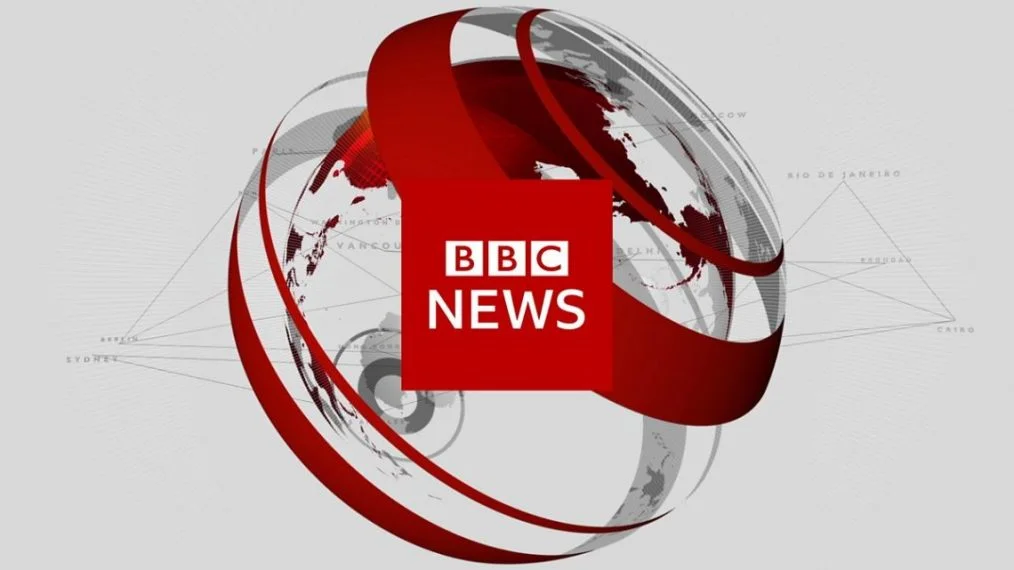The BBC has outlined plans to accelerate its digital offering and increase impact with audiences in Africa.
This is part of a wider proposal to create a modern, digital-led and streamlined BBC that drives the most value from the licence fee (the main means through which the BBC World Service is funded) and delivers more for audiences.
Changing audience needs around the world – with more people accessing news digitally – go alongside a challenging financial climate. High inflation, soaring costs, and a cash-flat licence fee settlement have led to tough choices across the BBC.
The BBC will continue in all the languages and countries in which it currently operates.

The proposals in Africa include plans to:
- Develop new ways to bring together our Africa English content and to make sure it is easy for audiences to discover and engage with.
- Focus on building our digital presence across Africa through more shared, high impact journalism.
- Reduce syndicated output on TV and radio to build our presence on owned and operated platforms, while embedding specialisms and near-news content in our news offer.
- Maintain broadcast radio services in some markets where audiences are expected to remain stable.
- Maintain services for audiences with high news need, including Horn of Africa and Great Lakes.
- Move the production of Focus on Africa and Dira ya Dunia TV programmes from London to Nairobi.
The changes will mean that services in the following languages will be available on the following platforms:
- Digital only: Igbo, Pidgin, Yoruba
- Digital + broadcast: Afaan Oromoo, Afrique, Amharic, Great Lakes, Hausa, Somali, Swahili, Tigrinya, and Africa English.
It is proposed to stop broadcast of the following output: TV – Afrique, Hausa, Somali, Africa English (some programmes); BBC Minute -Igbo, Pidgin, Yoruba; Global Newsbeat – Swahili and French
BBC World Service Director Liliane Landor says:
“The role of the BBC has never been more crucial worldwide and we remain totally committed to Africa. There is huge potential for digital growth in Africa – and we want to be more ready to meet this opportunity.
“There is a compelling case for expanding our digital services across the World Service in order to better serve and connect with our audiences. The way audiences are accessing news and content is changing and the challenge of reaching and engaging people around the world with quality, trusted journalism is growing.”


